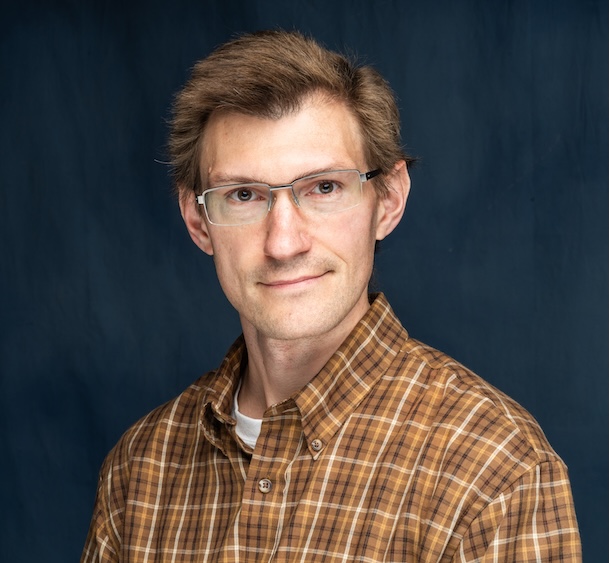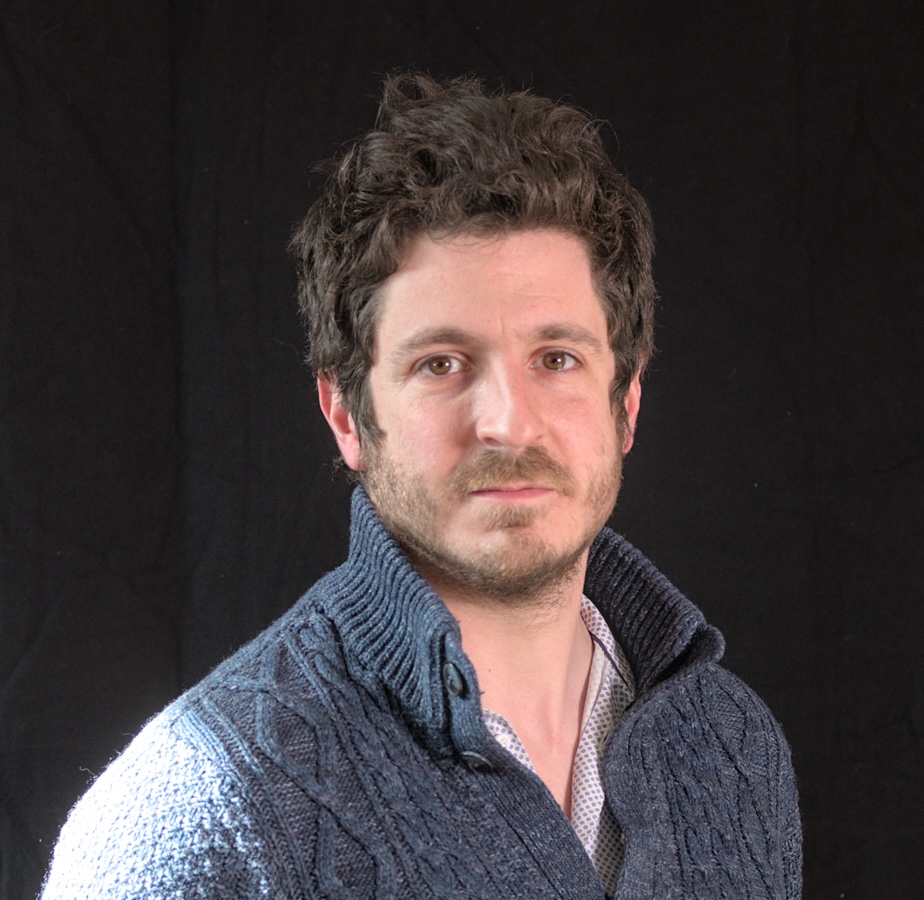Modular, interoperable, and extensible topological data analysis in R
Summary
This webinar covered work from an R Consortium ISC grant project called “Modular, interoperable, and extensible topological data analysis in R” starting in early 2024.
The goal of the project is to seamlessly integrate popular techniques from topological data analysis (TDA) into common statistical workflows in R. The expected benefit is that these extensions will be more widely used by non-specialist researchers and analysts, which will create sufficient awareness and interest in the community to extend the individual packages and the collection.
Agenda
- Introductions
- What is topological data analysis?
- How can R users do TDA?
- Engines: {TDA} and {ripserr}
- Utilities: {TDA} and {phutil}
- Recipes: {TDAvec} and {tdarec}
- Inference: {fdatest} and {inphr}
- Invitations
- an open invitation to the community to raise issues, contribute code, etc.
Speakers

Jason Cory Brunson
Research Assistant Professor, University of Florida
Laboratory for Systems Medicine, Division of Pulmonary, Critical Care, and Sleep Medicine
Cory completed a PhD in mathematics at Virginia Tech, then trained as a postdoctoral fellow in health informatics and network science at UConn Health. As an assistant professor at the University of Florida, he focuses on two primary research programs: first, to identify, understand, and eventually intervene on determinants of health outcomes in pulmonary patient populations (lung transplant recipients and sarcoidosis patients); second, to design, build, and extend general-purpose statistical software, especially for topological data analysis and machine learning. His work has been driven and enriched by collaborations with biologists, clinicians, and students at all professional stages.

Aymeric Stamm
Research Engineer in Statistics, French National Centre for Scientific Research (CNRS), Nantes University
Aymeric is a research engineer specialized in statistical information. He completed a PhD in computer science on mathematical modelling of brain microstucture and connectivity. His theoretical research revolves around developing novel statistical methods for analyzing complex data, such as manifold-valued data, network-valued data, topological data, connectome data and more. He is also an applied statistician with main focus in the field of neuroscience.
Aymeric actively contributes to open-source softwares through authoring and maintaining many R packages. He is notably maintainer of the {nloptr} package which ports the nlopt C library for non-linear optimisation and author of many packages related to functional data analysis.